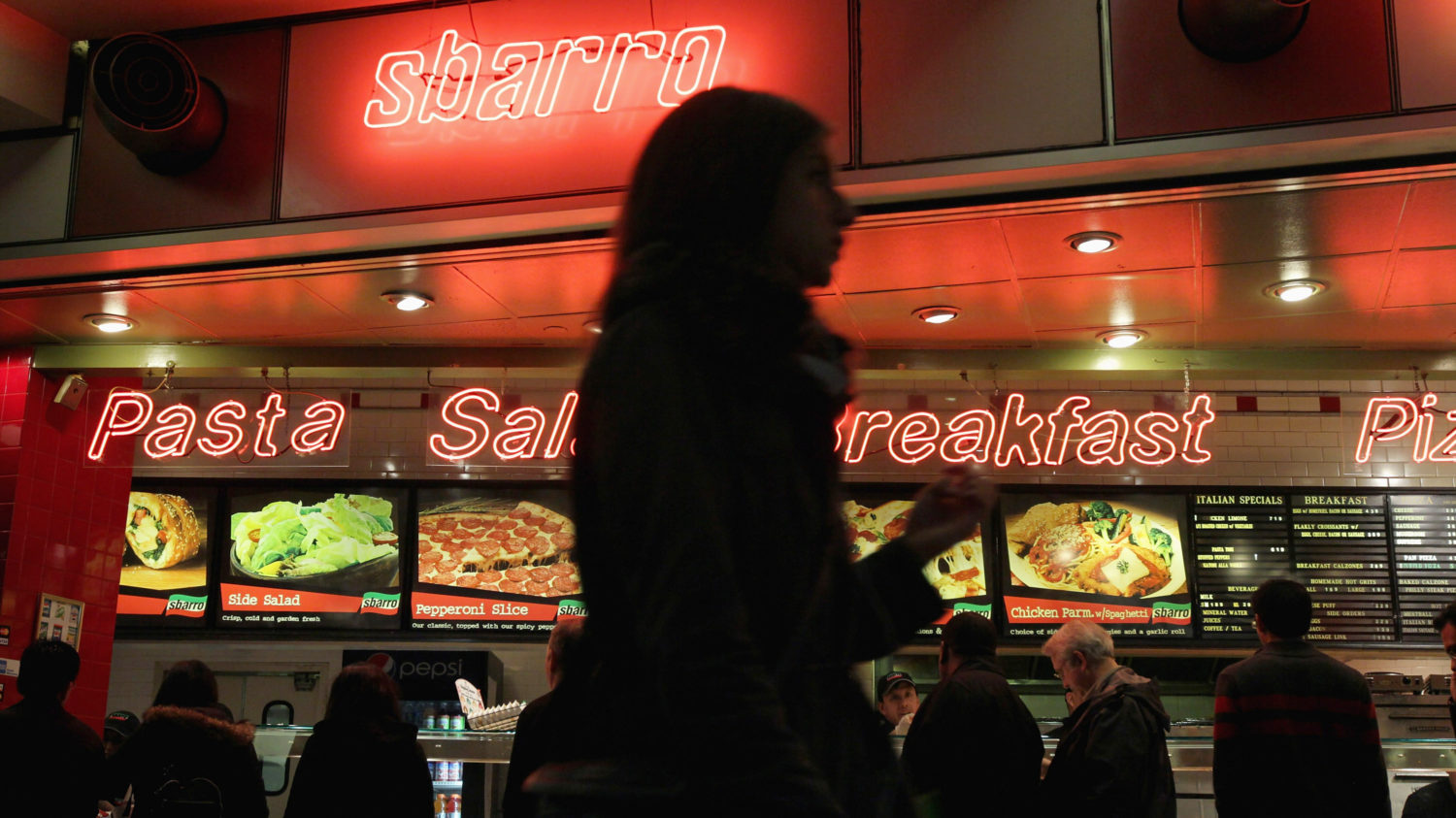The American fast-food industry is currently undergoing significant transformations as multiple chains navigate the repercussions of ongoing economic pressures. Prominent among these is the fast-casual Tex-Mex chain Tijuana Flats Restaurants, which recently declared Chapter 11 bankruptcy as part of a broader strategy to revitalize its business and enhance customer experience. This move reflects a larger trend within the sector, characterized by restructurings and closures, starkly illustrating the lasting impact of the COVID-19 pandemic on this industry.

A Deep Dive into Tijuana Flats’ Bankruptcy Decision
On April 19, Tijuana Flats took a decisive step by filing for Chapter 11 bankruptcy in the U.S. Bankruptcy Court for the Middle District of Florida. The filing was the culmination of a strategic review that began in November 2023, aimed at salvaging the struggling chain.
In an effort to streamline operations and pave the way for a comeback, the company was sold to a new ownership group that subsequently closed 11 underperforming locations. This drastic measure seeks to inject new life into the remaining outlets and rekindle the chain’s appeal among diners.
Popular fast food chain files bankruptcy as it faces lawsuits https://t.co/DTbqKPqdtf
— TheStreet (@TheStreet) April 26, 2024
The Fate of Other Chains: Closure and Reorganization
The landscape for other restaurant chains remains challenging. For instance, Foxtrot and Dom’s Kitchen & Market, which boasts 33 locations nationwide, opted for Chapter 7 liquidation on April 23, signalling a complete shutdown. This contrasted sharply with the approach taken by Sticky’s Holdings, a New York-based chain known for its chicken fingers. Sticky’s filed for Chapter 11 on April 25, embracing reorganization as a strategy to weather the economic turmoil exacerbated by the pandemic.

Sticky’s Struggle for Stability
Sticky’s Holdings listed substantial assets and liabilities in its bankruptcy petition—$5.75 million in assets against $4.67 million in liabilities. The largest unsecured creditor, US Foods, is owed over $449,000. Despite a commendable growth in sales from $500,000 in 2013 to $22 million in 2023, the pandemic significantly diminished store traffic, severely impacting revenue.
Sticky’s CEO Jamie Greer highlighted the drastic downturn in foot traffic and subsequent revenue declines. Rising commodity prices compelled the chain to increase menu prices, further deterring customer visits. The chain also faced significant legal challenges, including a costly lawsuit for trademark infringement and a damaging summary judgment related to unpaid rent, which cumulatively forced the company into bankruptcy.
Legal Hurdles and Financial Reorganization
Legal issues have been particularly taxing for Sticky’s. In June 2021, the company faced a hefty $600,000 judgment for unpaid rent, further straining its finances. Another blow came with a lawsuit filed by Sticky Fingers Restaurants LLC in June 2022, alleging trademark infringement. Such legal entanglements have not only resulted in hefty legal fees but also added to the financial strain, precipitating the bankruptcy filing.

In a significant move to stabilize its finances, Sticky’s entered into an equity financing transaction in February 2024, which alleviated some immediate liquidity pressures by converting $2.42 million in convertible notes into equity. Despite these efforts, the persistent financial headwinds proved overwhelming, necessitating a reorganization under bankruptcy protection.
Conclusion
The evolving dynamics within the fast-food industry reflect broader economic challenges and the imperative for adaptation. The experiences of Tijuana Flats and Sticky’s underscore the harsh realities and tough decisions facing many in the industry today.
As these companies strive to reorganize and revitalize, the landscape of American fast food continues to evolve, marked by both closures and hopeful strategies for recovery. The coming months will be crucial in determining whether these strategies can restore the affected chains to their former glory or if the industry is set to undergo more profound changes.










